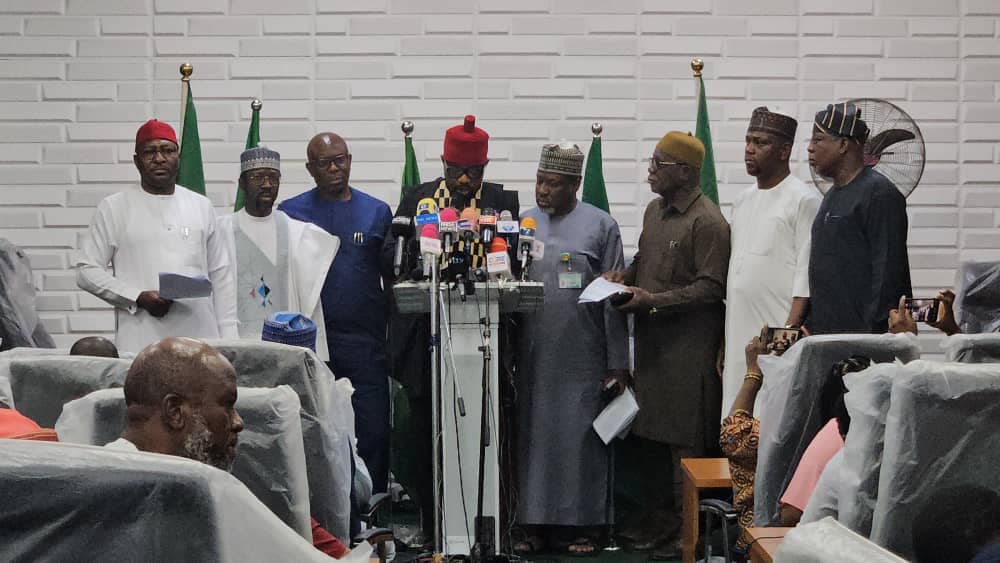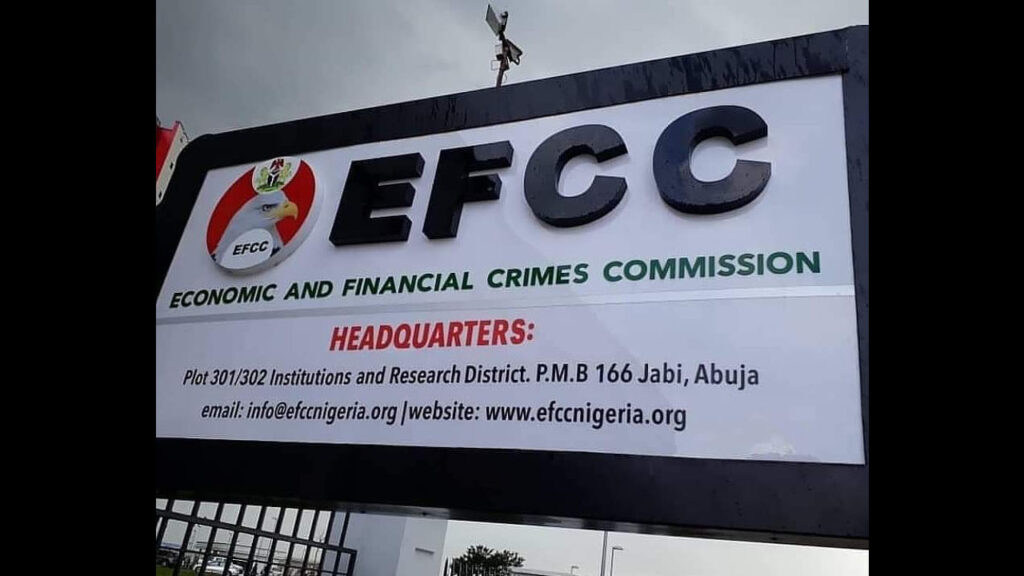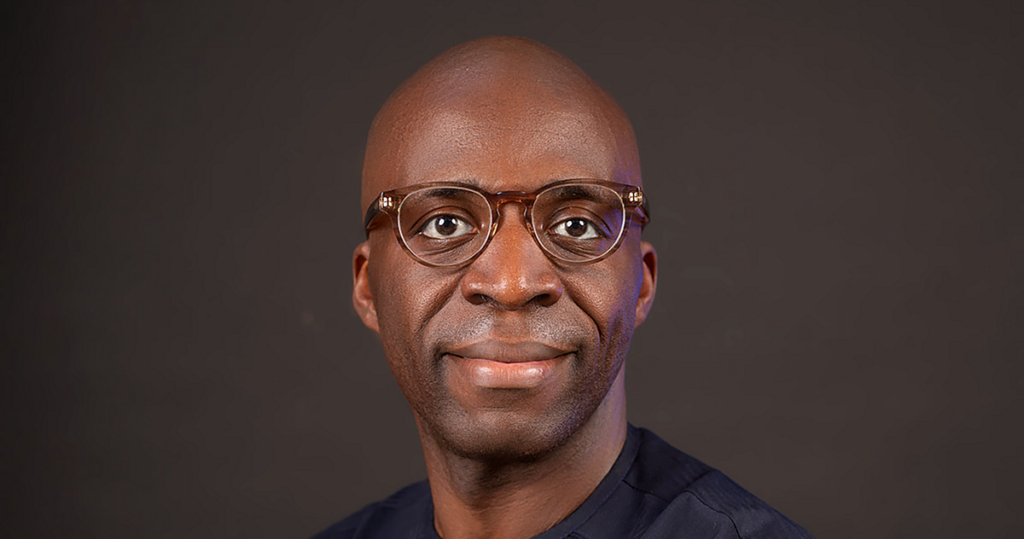
Ms Alice Nderitu, UN Under-Secretary-General and Special Adviser of the Secretary-General on Prevention of Genocide, offered the advice in Abuja on Friday when she briefed reporters in the course of her official visit to Nigeria.
Nderitu was speaking against the backdrop of the forthcoming 2023 general elections, beginning on Saturday, Feb. 24, 2023.
She said the country’s electoral process had since 1999 proven a commitment to democratic values.
The UN official, therefore, urged Nigerians to shun hate speeches before and after the elections, as anything contrary to that could result in violence and related crimes.
“My job is to prevent genocide and related crimes. I am charged with raising alarm through early warnings to the Secretary-General and Security Council when there is risk and mobilising action to prevent that risk.
“My office also leads the implementation of the UN strategy and plan of action on hate speech, launched by Secretary-General Antonio Guterres in 2019.
“This strategy sets out guidance for UN entities and other societal actors to address hate speech at the national and global levels, and enhance efforts at tackling the root causes and drivers of hate speech including racism and racial discrimination.
“This strategy is in line with international human rights standards and with the right to freedom of opinion and expression,” she said.
She identified the dissemination of hate speech and the absence of independent mechanisms to tackle it as some of the early warning signs and risk factors that could lead cause genocide.
Other early warning signs she identified include proliferation of local militias and armed groups, particularly dehumanisation of violence inflicted on civilians based on their ethnicity, religion, race, or nationality.
“No part of the world is immune to the risk of these crimes and indeed, all societies have indicators of risk; it is how societies respond to these risks that determine if a situation escalates into a more serious concern.
“The election season in Nigeria has witnessed a surge in the use of inflammatory language, hateful and divisive rhetoric; such hate speech is amplified at an unprecedented rate by digital technology.
“Hate speech, especially if accompanied by policies and practices that discriminate against population based on their identity often results in hate crimes, discrimination, and violence.
“It can be both a precursor and a trigger of atrocity crimes, in particular genocide, countering and addressing hate speech are crucial,” she added.











